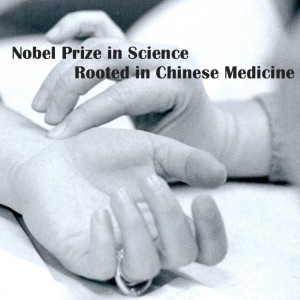 Tu Youyou won the Nobel Prize for discovering the key ingredient in a potent anti-malarial medicine. She calls this drug “a gift to the world’s people from Traditional Chinese Medicine.”
Tu Youyou won the Nobel Prize for discovering the key ingredient in a potent anti-malarial medicine. She calls this drug “a gift to the world’s people from Traditional Chinese Medicine.”
Tu is 84 years old, and her work in providing the cure for malaria has remained obscure until recently. In 1967, she was part of a secret team working under Mao Zedong to find a way to cure malaria. The Vietnam War was raging, and this disease was killing more North Vietnamese soldiers than the Americans’ bullets or bombs were. At the time, the Cultural Revolution in China was in full swing with its thrust to cut all ties with the past and destroy the “four olds:” namely, culture, old customs, habits and ideas. While Tu was doing her research, her husband, an “intellectual,” was banished to the countryside to a re-education camp. Other intellectuals were killed, publicly humiliated, or hounded into hiding.
Tu was trained in both Eastern and Western Medicine. She met with Traditional Chinese Medical practitioners throughout China and researched the efficacy of herbs by going through the volumes of works on herbal remedies collected over the centuries. Through her work, she learned about a compound derived from the leaves of the Chinese wormwood plant, Artemisia annue. It was used as a treatment for malaria 1,600 years ago. Much testing was needed to learn how to prepare the herb so it would be effective. Eventually, sweet wormwood became the active ingredient for artemisinin, today’s most powerful defense against malaria.
The fascinating story of Tu Youyou makes one wonder what other treasures are waiting to be rediscovered from one of the oldest medicines on the planet.







Ben says
Hi Maureen, very interesting and enjoyable. I also know, from my experience with my mother’s cancer, that artemisinin and its “semi-synthetic” derivative artesunate have anti-cancer properties. You probably know about this already but if not you can search “antimalarials and cancer.” A somewhat related search: “glioblastoma antimalarials”–which leads you to discussions of other antimalarials in the treatment of glioblastoma, the most lethal of the brain cancers. Ben
Maureen says
No, I did not know that. I find it fascinating and inspiring. Thank you so much for sharing!